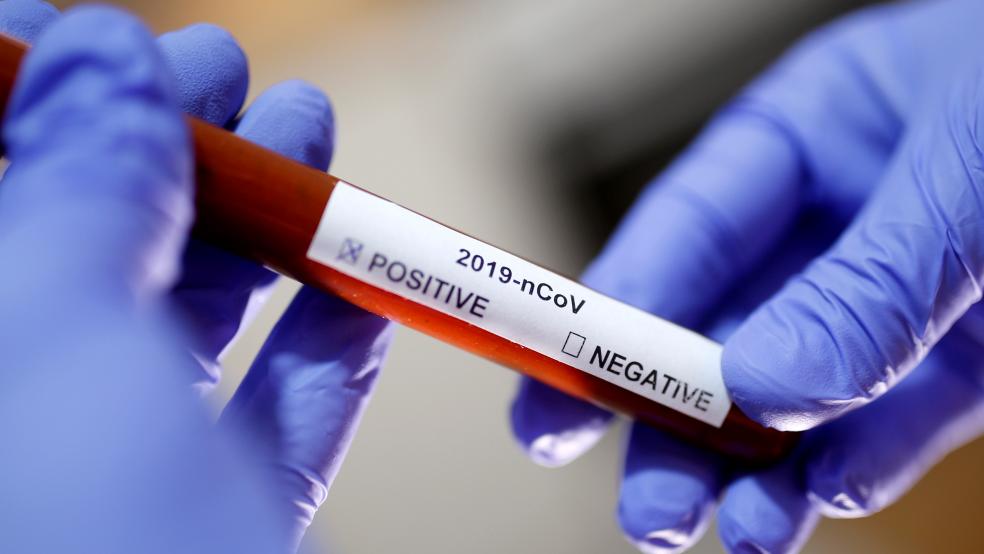Dr. Ezekiel J. Emanuel, an oncologist at the University of Pennsylvania Medical School and one of the architects of the Affordable Care Act in the Obama administration, outlined a proposal in The New York Times Tuesday for fighting the coronavirus – a battle he says we are currently losing.
Emanuel recognizes there’s reason to worry about the economic cost of the current approach, but we must keep in mind the millions of deaths that could occur in the next year if we fail to “flatten the curve” of infections as quickly as possible.
“[T]he economy cannot be fixed without solving the pandemic,” Emanuel says. “Only after the virus is contained can we reopen restaurants, bars, gyms and stores; allow people to travel, attend conferences and visit museums; and persuade them to buy cars and houses.”
To get to that point, Emanuel calls for a seven to 14-day period of mobilization to confront the pandemic. “If the United States intervenes immediately on the scale that China did, our death toll could be under 100,000,” he says. “Within three to four months we might be able to begin a return to more normal lives.”
Here’s Emanuel’s plan:
- President Trump should immediately issue a shelter-in-place order for the whole country, closing all schools and non-essential businesses. The policy could be lifted gradually over two or three months.
- The federal government should take over all testing for the virus, with the aim of analyzing the entire population on an on-going basis.
- Coordinate production of medical equipment at the federal level, paid for by Congress on a cost-plus basis, similar to defense contractors.
- Publicly-funded assistance for hospitals, with a national overseer to manage care, equipment and personnel.
- Grants to businesses to maintain payrolls, and use of the unemployed to help combat the pandemic, with tasks such as contact tracing and disinfecting public spaces.
In the end, the country needs to mobilize as it has rarely done before, Emanuel says. If successful, “in two to three months the country can begin to return to normal, stores can reopen, people can work, and the United States will have a rapid, V-shaped economic recovery.” But if the country fails to act quickly and decisively, he warns, the U.S. “will follow Italy’s course or, worse, that of Iran, and recovery may take a decade or more with extraordinary levels of death and dislocation.”




